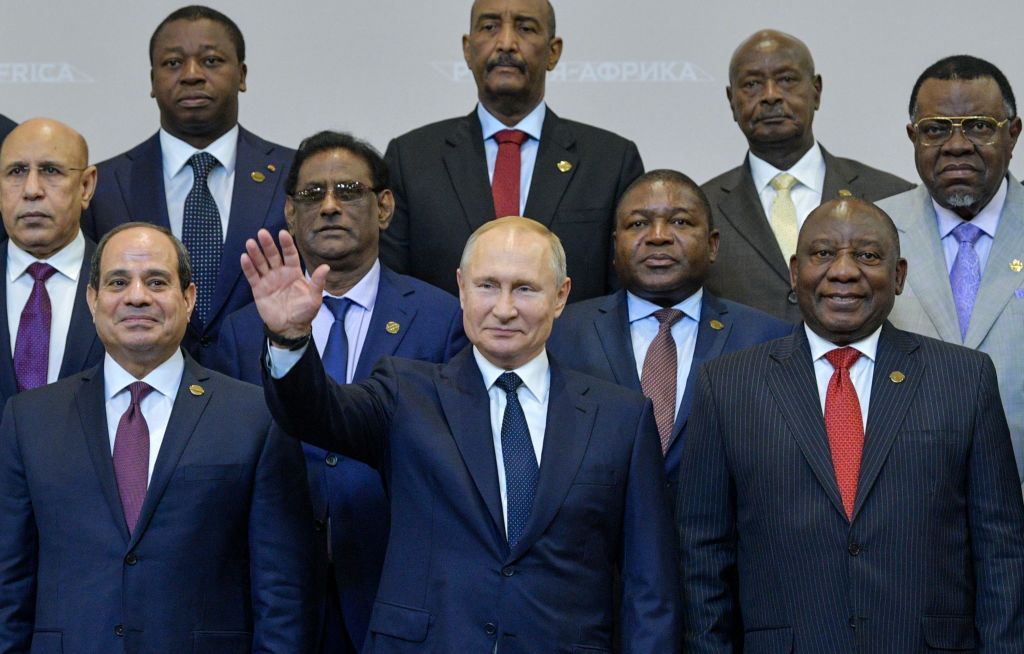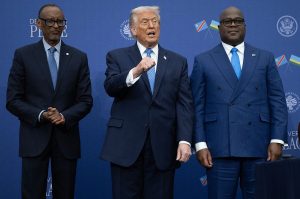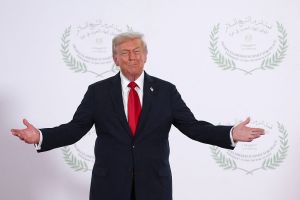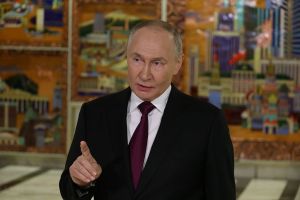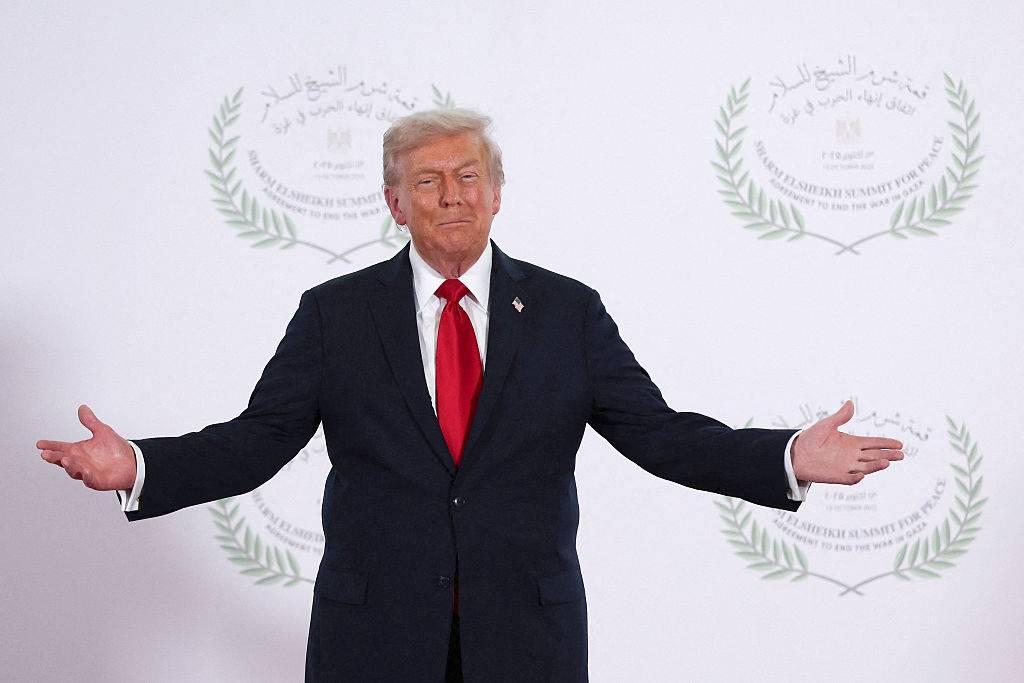Last week, at roughly the time that photographs and stories began to filter out of liberated Bucha in Ukraine, the NGO Human Rights Watch published a report of similar massacres which took place contemporaneously in rural Mali. What linked the two was the identity of the perpetrators. In Ukraine and across Africa, these atrocities are committed by Russians.
In combination with the Malian military junta, foreign soldiers “summarily executed an estimated 300 civilian men,” in the town of Moura in late March.
These soldiers did not speak French. The Malian junta has acknowledged “Russian trainers” present in the country since 2021, and since the French were ejected by the Malian state at the end of February, Russian soldiers, and allied Russian mercenaries (including from the infamous Wagner Group), have taken their place.
Over days, Human Rights Watch documents, the Malian army and the Russians executed hundreds of men in small detachments. The majority of those killed were from certain minority ethnicities, and were not accused of membership of Islamist groups.
In Mali, the Russians are preferred to the French, it is reported, because although both are unpopular with locals, the Russians are more willing than French forces to act with the ferocity the junta prefers.
Mali is a failed state. After a combined secessionist and Islamist offensive in 2012, French and allied African forces defeated and pushed back the Islamist elements of the advance. Mali has seen fragile ceasefires between the central government and regionalist bodies ever since, and Islamist groups — among them al-Qaeda and the Islamic State — have sought expansion and recruits, while being opposed by France, the United States and other international forces.
Those foreigners became increasingly unpopular in Mali, and its government was overthrown two years in succession. The new authorities are a military junta so egregious that Mali has been suspended from membership of the Economic Community of West African States (ECOWAS); the Francophonie, which links former French colonial possessions; and the African Union.
International military operations have been suspended. The Malian junta has decided that Russia is preferable to the various international missions in the country, which host a UN peacekeeping force, in carrying out its policies of armed pacification — including, it seems, wholesale murder and collective punishment in offending villages.
In the junta’s mind, the Russians have no care for human rights, no allegiance to democracy or the appearance of free elections. They simply go where they are asked and kill whomever they are asked to kill. The fact that this brutality has downsides, and breeds resentment and resistance, does not appear to trouble those willing to use these tactics.
It might be a little surprising to see how deeply involved Russia and its mercenary armies are in Africa, and how many massacres they seem to be behind.
“The day after the military staged a coup in Burkina Faso in January, supporters of the new regime took to the streets waving Russian flags,” writes Samuel Ramani, the author of the upcoming Russia in Africa, in Foreign Affairs. He documents a diplomatic and military strategy to become an indispensable player on the continent. Vladimir Putin has a strong relationship with Egyptian strongman Abdel Fattah al-Sisi, with the two hosting a Russia-Africa summit in Sochi in 2019.
Since 2021, Russia has become the preferred ally of the Central African Republic in its beleaguered government’s battles against various insurgents. Wagner Group mercenaries — only tenuously independent from the Russian state – are believed to have fought within the country since 2017. Both French observers — present alongside the Russians — and the United Nations have accused Wagner forces of campaigns of rape and robbery. The UN count includes 500 incidents of alleged murder, torture and sexual violence committed by Russian mercenaries.
In Libya, Wagner forces have joined the warlord Khalifa Haftar’s failed attempts to capture Tripoli and unify the country under his Libyan National Army. There too Wagner Group fighters are accused of murdering prisoners, of torture and rape and similar crimes.
Analysts I have spoken to call Wagner fighters “animals” and “savages” and predict that eventually they will so disgust ordinary citizens of the countries in which they fight that they will either be thrown out by their sponsors, or will precipitate the fall of the governments they support.
But why is Russia, or at least its mercenaries, involved in so many of these faraway conflicts?
Part of the picture is utilitarian, almost pedestrian. Africa is, as European colonial powers for centuries found, rich in natural resources ripe for exploitation. Its demographics mean fast-growing populations and economies. Russia bets that, with the Europeans and Americans both unpopular and weary, it can step into Africa as a preferred broker for Africa’s dictators. Russians are willing to kill for hire, and in return the Russian state can secure concessions from state-owned primary industries.
There is another side. Russia was late in the nineteenth century to the colonial game. It was not rich and maritime enough to scramble for Africa as the other European powers did.
During the Soviet period, Russia spent much capital and many lives in Africa, attempting to win the continent away from the capitalist world in one hot war after another. This did not work — the Soviet Union fell, and its legacy in Africa is small.
In the mind of Russia’s new czar, he can make up for Russia’s relative distance from the colonial action in years past. With his soldiers for hire, he can make his country necessary. Its industries can arm Africa’s dictators, while Russian forces can fight alongside them.
African leaders have long liked talk, from both Russia and China, of a “multipolar” world: one in which the Americans and Europeans are not so powerful, and handpicked dictators can be left to rule their countries as they see fit, without international input — with the brutality they deem necessary to keep power.
Russian support is vital. Whether it can continue as the Russian economy buckles, and international opinion recoils in horror from one massacre too many, is so far unknown.



